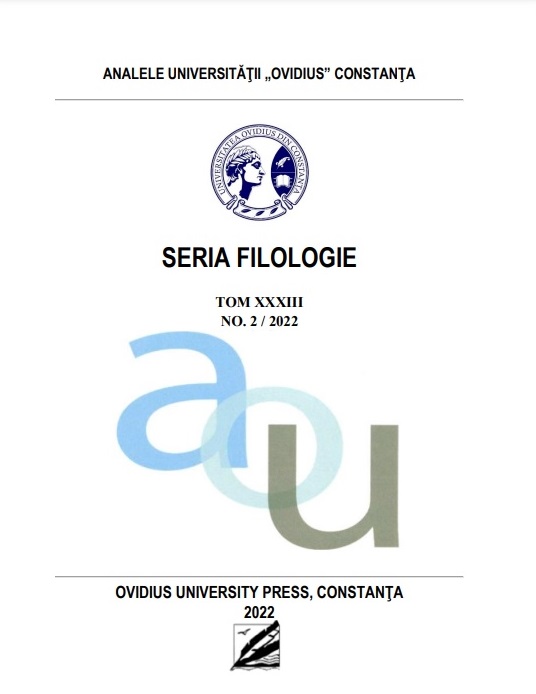Students’ Perspectives on Retranslation Project-Based Learning in Translator Training
Students’ Perspectives on Retranslation Project-Based Learning in Translator Training
Author(s): Seda Taş İlmekSubject(s): Language studies, Language and Literature Studies, Language acquisition, Translation Studies
Published by: Ovidius University Press
Keywords: project-based learning; retranslation project-based learning; translator training; students’ perspectives;
Summary/Abstract: Project-based learning (PjBL) as a part of a learner-centred constructivist approach has been a subject of interest in translator training. However, there hasn’t been any research on how retranslation might be incorporated into project-based learning in translator training or on what students think of a project-based learning which mainly deals with retranslation. While retranslation is frequently used within the scope of literary translation for the translation of a text several times by different translators and in different historical and socio-cultural contexts, the use of retranslation for educational purposes has not been considered in translator and interpreter training programs of Turkey. Therefore, this study presents a case study with a qualitative research design which examines the perspectives of Turkish students regarding the implementation of the retranslation project-based learning(RPjBL) in translator training. It seeks to report on students’ views through a qualitative analysis of a focus group discussion and students’ retranslation project reports. The main findings of this study include that RPjBL had beneficial outcomes on the increase of students’ awareness and motivation towards translation and the development of understanding of the translation process. More importantly, it was found that RPjBL was perceived as a learning opportunity by students in terms of preparing themselves for their future profession. Students especially emphasized that RPjBL provided an authentic practical translation task and contributed to students’ improvement of mother tongue and foreign language. Apart from this, however, heavy workload, time limitation and less guidance were identified as drawbacks of RPjBLin student’s views. The conclusions of this study suggest that RPjBL offers possible new avenues for students’ learning and empowerment, though its implementation needs some improvement. Further studies might be carried out to assess students’ performance in RPjBL and the use of various types of retranslation as RPjBL.
Journal: Analele Universităţii Ovidius din Constanţa. Seria Filologie
- Issue Year: XXXIII/2022
- Issue No: 2
- Page Range: 333-351
- Page Count: 19
- Language: English

